German Chancellor Pledges Support for Ukrainian Long-Range Missile Production
Friedrich Merz, Germany’s new chancellor, has committed to helping Ukraine produce long-range missiles as Berlin ramps up its support against Russian aggression.Germany's newly appointed Chancellor, Friedrich Merz, has announced plans to assist Ukraine in producing long-range missiles, signaling a significant shift in Berlin’s approach to the war with Russia. During a press conference in Berlin with Ukrainian President Volodymyr Zelensky, Merz confirmed that both nations would sign a “memorandum of understanding” regarding missile production, though he declined to offer public details.
“We want to talk about production and we will not publicly discuss details,” Merz told reporters when asked if Germany would directly supply Ukraine with its Taurus missiles, which have a range of 500 kilometers (310 miles) and are capable of reaching far into Russian territory.
Merz, who took office earlier this month, has vowed to intensify Germany’s support for Kyiv. This week, he emphasized that Western allies had already lifted restrictions on the range of weapons provided to Ukraine, effectively removing previous limitations on how far Ukraine could strike using Western arms.
Though he avoided naming the Taurus missile specifically, Merz made it clear that Germany is ready to take a more assertive stance. His position marks a sharp contrast from that of his predecessor, Olaf Scholz, whose cautious approach often drew criticism.
The Kremlin has expressed alarm over the lifting of range restrictions, warning such actions represent a dangerous escalation that could hinder diplomatic progress. Nonetheless, Merz underscored that the change in policy had been agreed upon months earlier by Ukraine’s Western backers.
In a show of unity, Merz reaffirmed Germany's long-term commitment to supporting Ukraine, warning Russia that continued avoidance of peace negotiations would come with "real consequences."
President Zelensky, speaking alongside Merz, echoed the need for renewed dialogue and reiterated his proposal for a three-way summit involving himself, Russian President Vladimir Putin, and U.S. President Donald Trump. While Kremlin spokesperson Dmitry Peskov did not rule out the idea, he stated that such a meeting would require prior agreements between Ukrainian and Russian negotiators.
The latest round of direct talks between Ukraine and Russia—the first in over three years—was held in Istanbul earlier this month, though it involved only lower-level officials and resulted solely in a prisoner exchange.
Russian Foreign Minister Sergei Lavrov has hinted that new talks could be scheduled soon, but insisted that Russia’s conditions—including Ukraine’s neutral, non-aligned, and non-nuclear status—must be addressed.
Meanwhile, tensions between the U.S. and Russia are intensifying. President Trump, increasingly frustrated with Moscow’s stance, condemned a recent missile strike that killed 13 Ukrainian civilians, including children. Trump warned Putin against further escalation, accusing him of “playing with fire.” In response, Russian officials suggested the U.S. president lacked a full understanding of the conflict’s nuances.
Zelensky, in turn, has urged the U.S. to impose new sanctions on Russia’s banking and energy sectors, stating that Trump had promised action if Russia failed to de-escalate.
On the battlefield, Ukraine launched one of its most extensive drone attacks on Russian positions in the early hours of Wednesday. According to Zelensky, Russia has deployed over 900 drones in just three days, while also ramping up ground attacks in Ukraine's northeast.
Ukrainian officials report that over 50,000 Russian troops have gathered along the Sumy front. Russian forces have captured several villages near the border in an attempt to establish “security buffer zones,” according to President Putin.
Sumy Governor Oleh Hryhorov confirmed that four villages had fallen under Russian control, and that fighting continues in nearby settlements.
Now in its fourth year, the war has taken a devastating toll, with tens of thousands killed and vast swathes of Ukraine’s east and south reduced to rubble. Russia currently occupies about 20% of Ukrainian territory, including Crimea, annexed in 2014.
While both sides have made tentative steps toward renewed dialogue, Zelensky accuses Moscow of stalling the peace process. He said Russia has yet to deliver a promised document outlining terms discussed in Istanbul. The Kremlin claims the memorandum is in its “final stages.”
Despite diplomatic efforts, the conflict shows little sign of abating—though Ukraine’s resolve, bolstered by a more assertive Germany, appears stronger than ever.


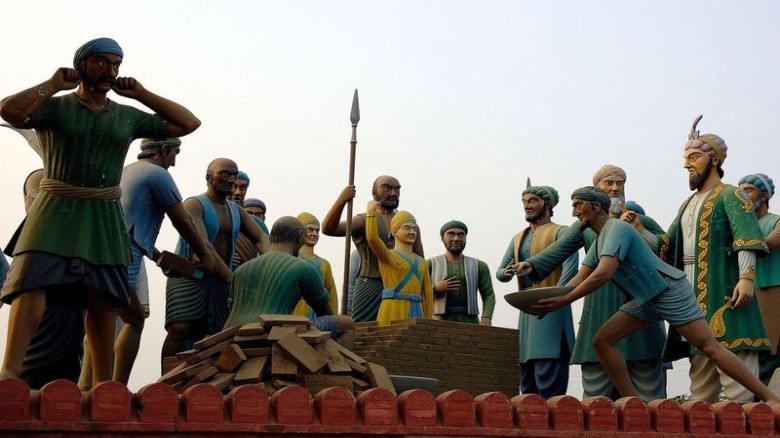
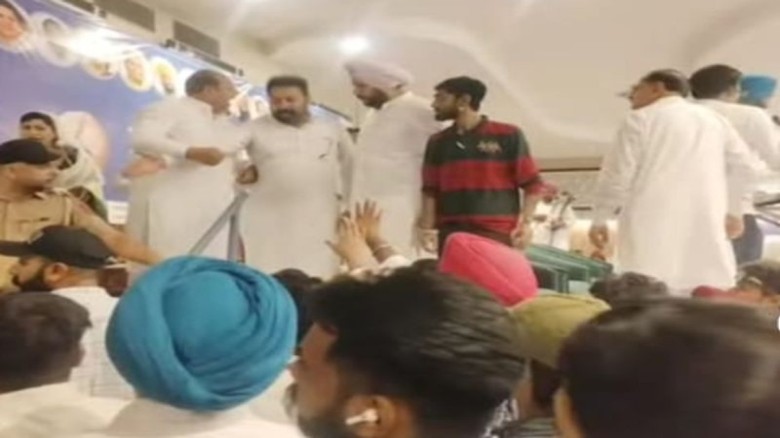
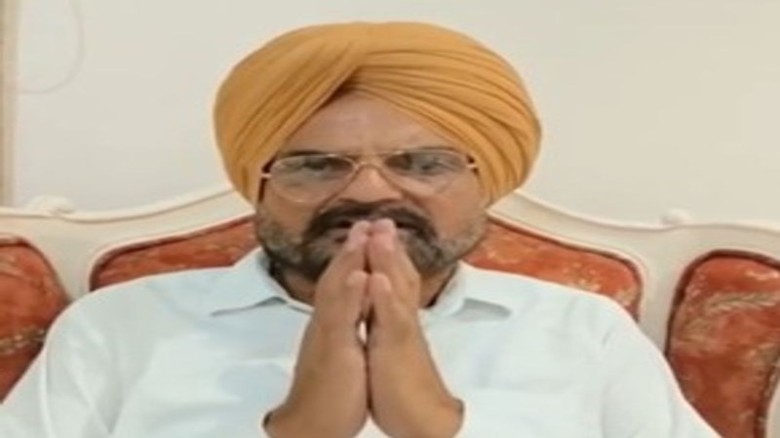
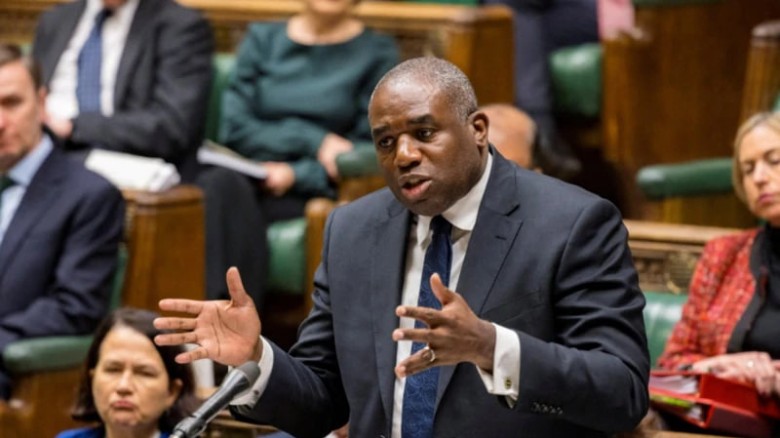
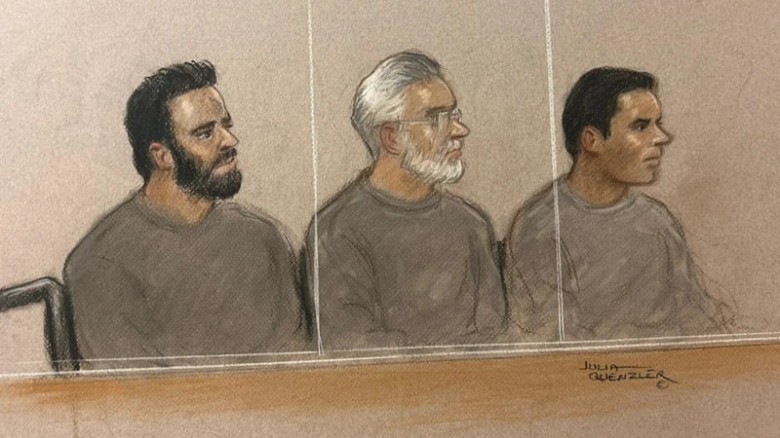


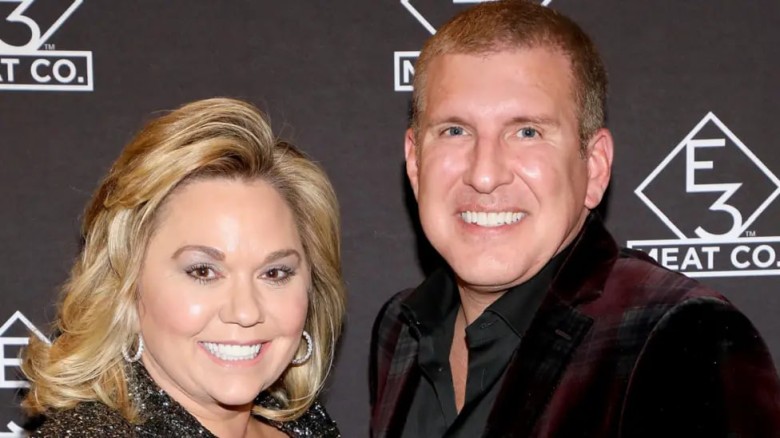
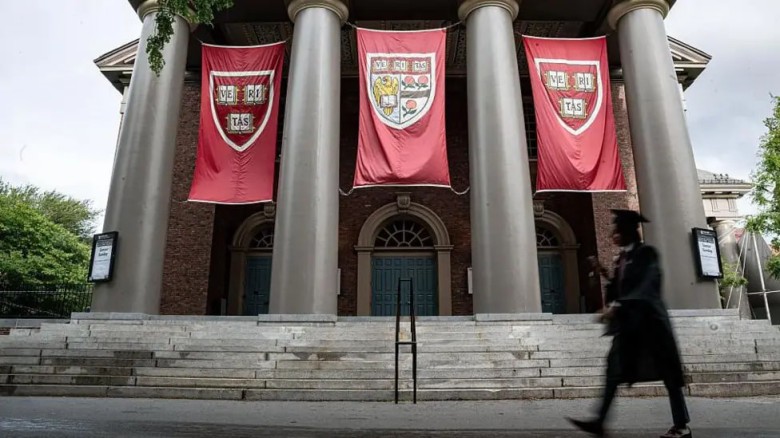
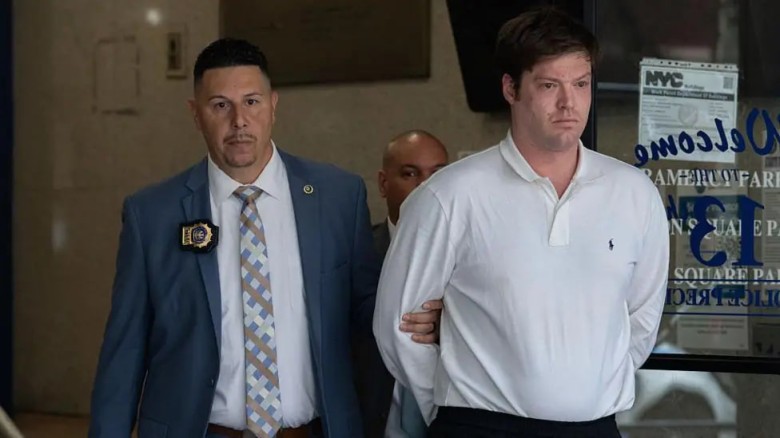
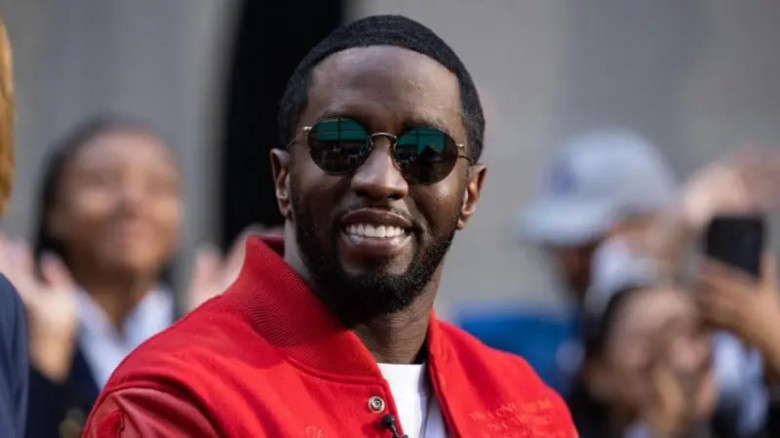
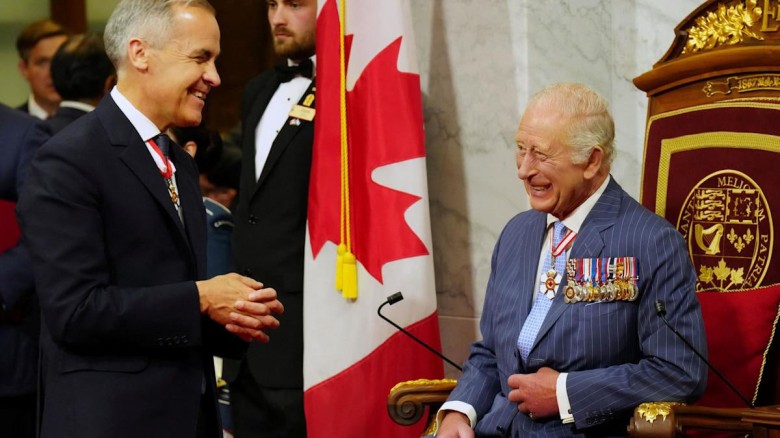
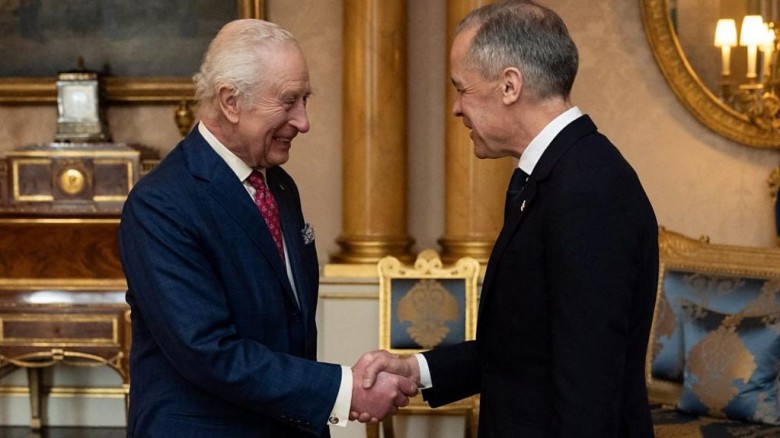


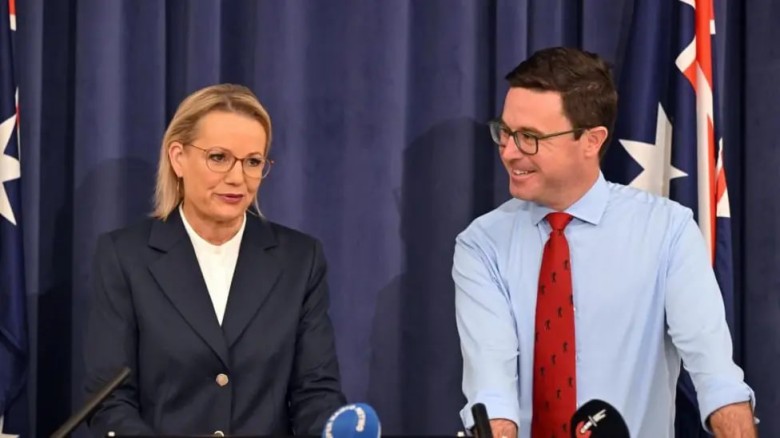


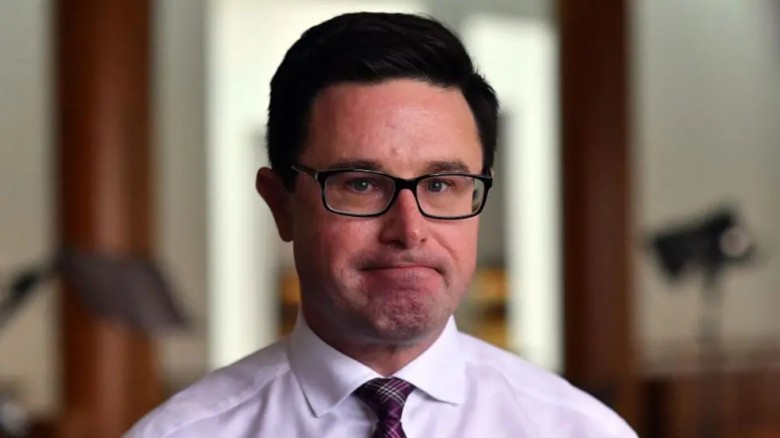
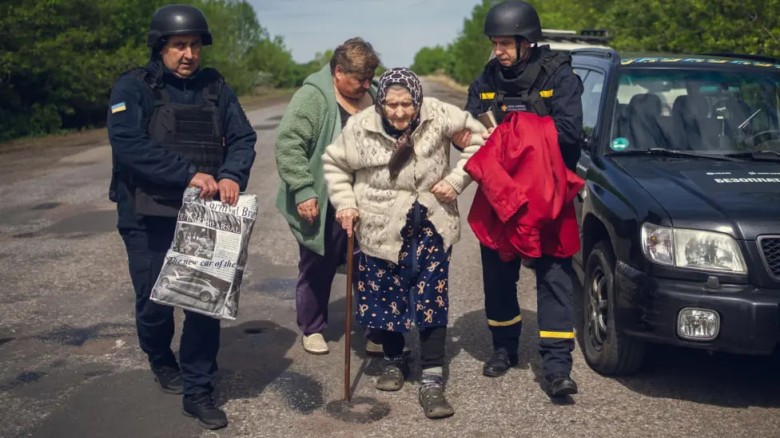
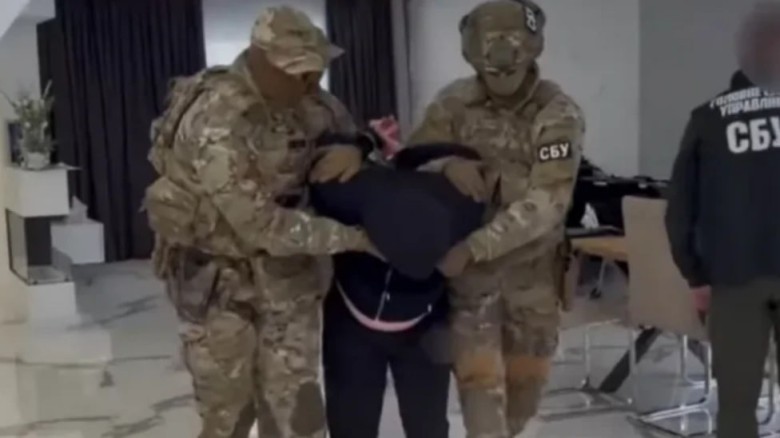
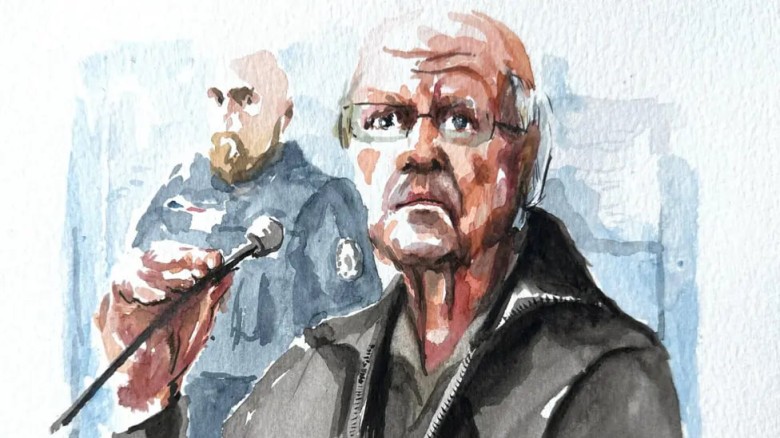
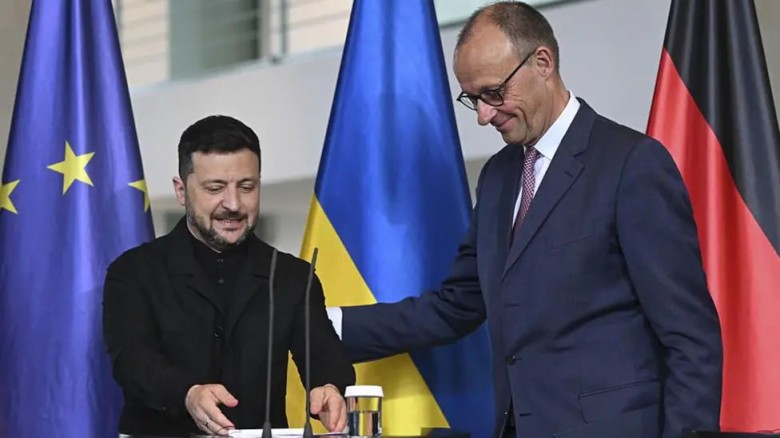
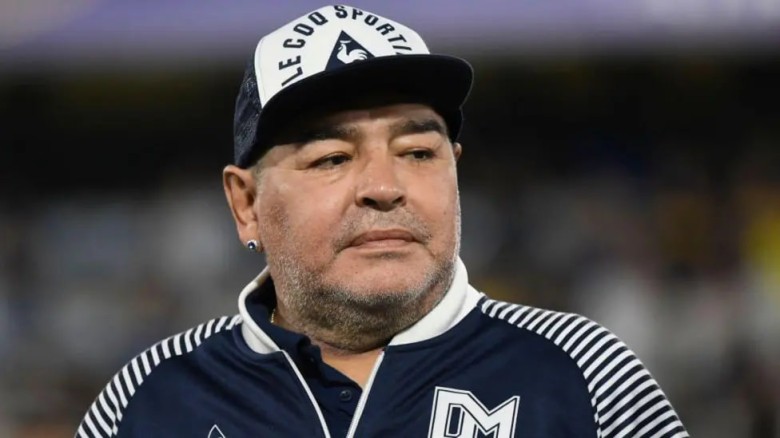
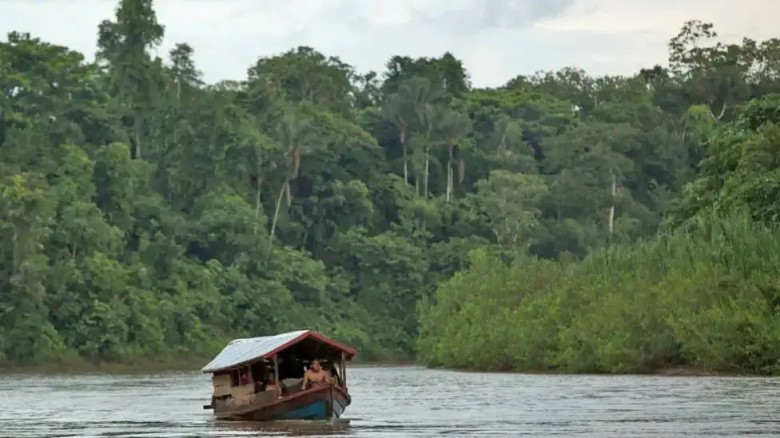
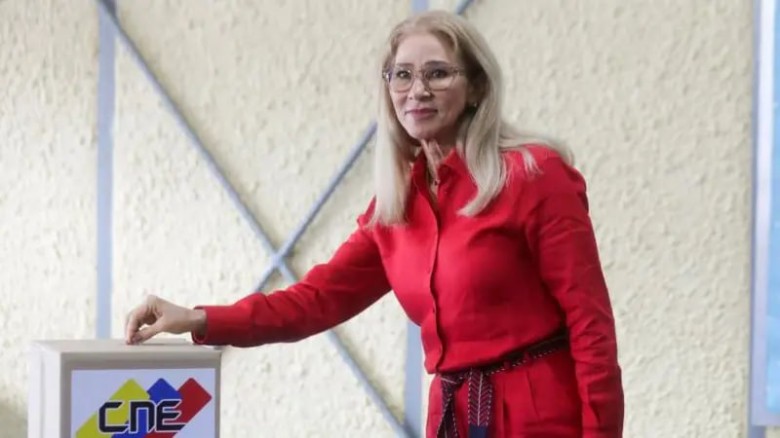

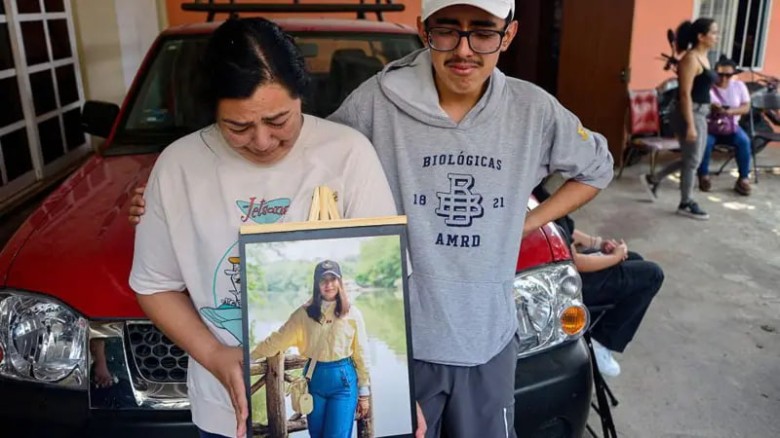








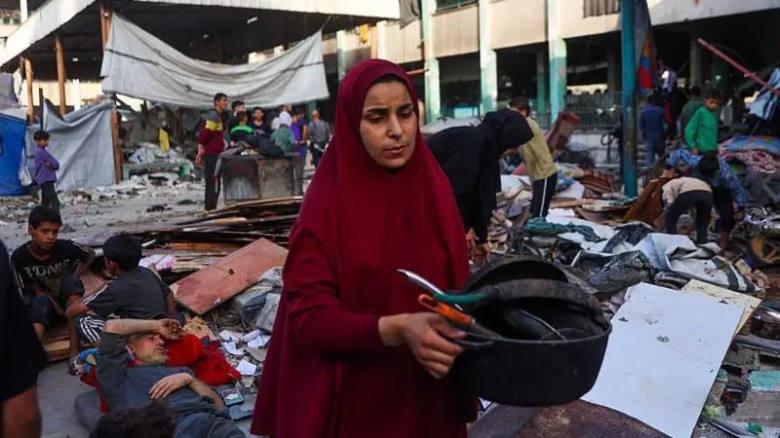
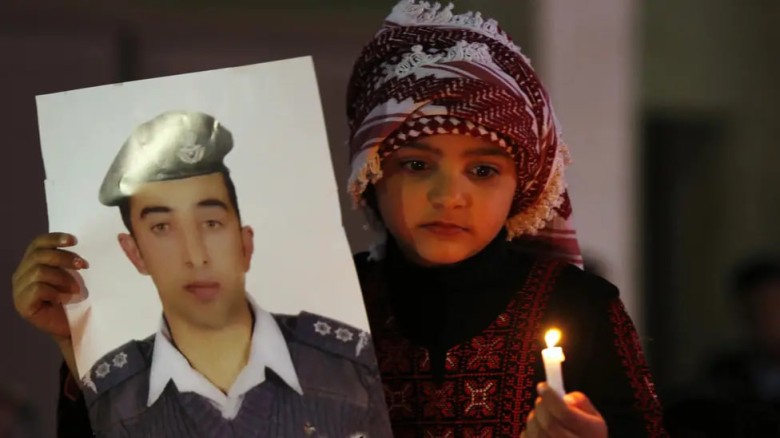
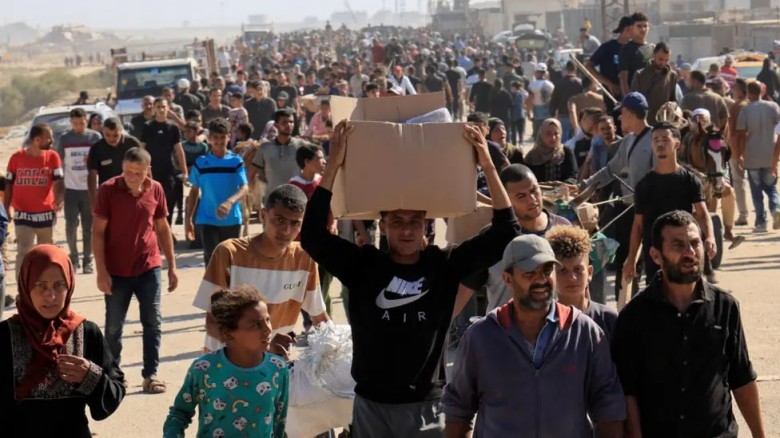
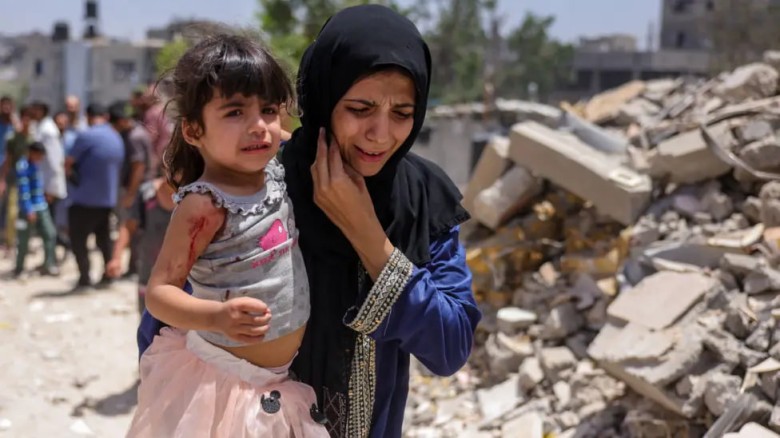







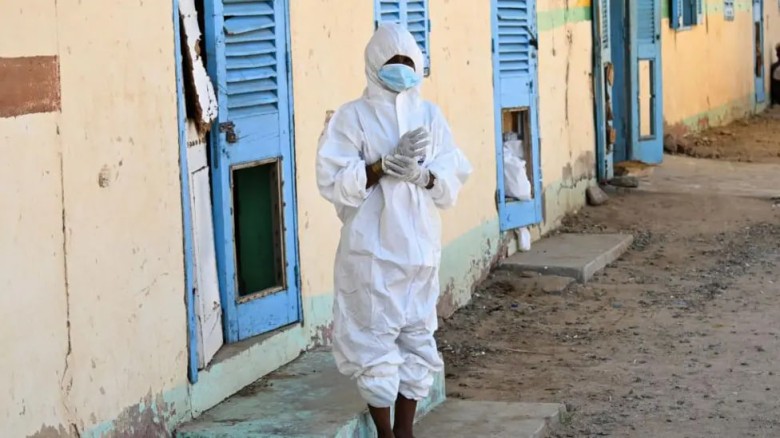
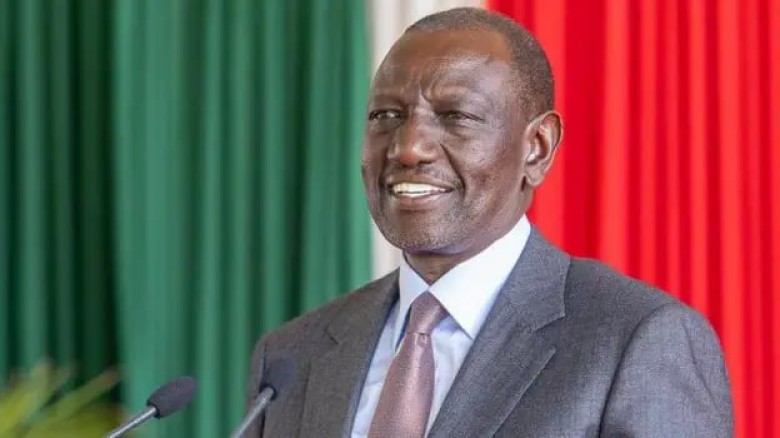
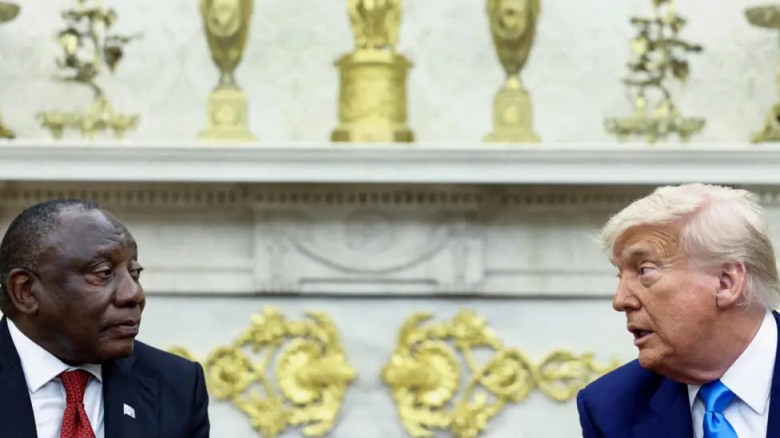
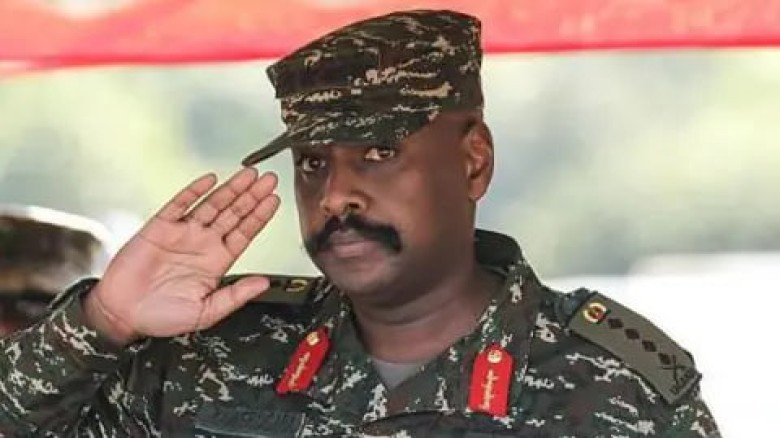



















Leave A Comment